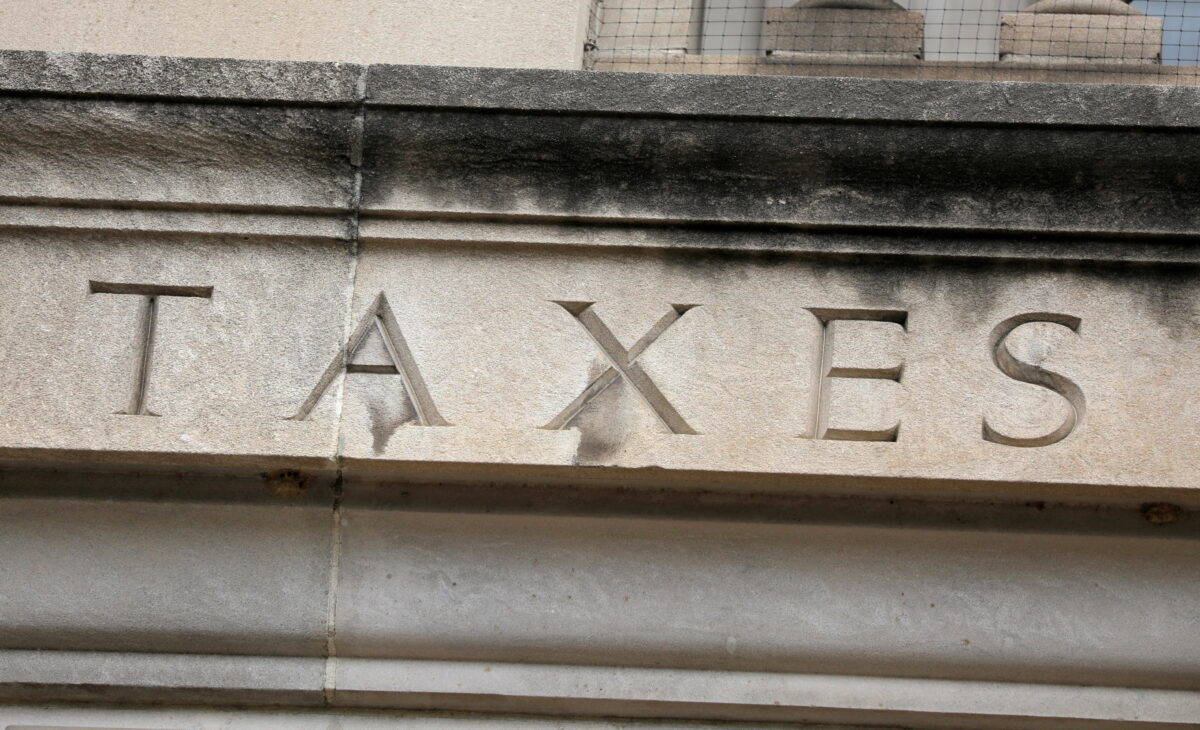


The Fair Tax Act of 2023 is not a new idea. It was first proposed to the House of Representatives in 1999. Since then, it has been brought up again before Congress several times—this time by the Republicans in January 2023.
The main idea behind the Fair Tax Act, says FairTax, is to eliminate the Internal Revenue Service and income taxes and replace it with an across-the-board tax of 23 percent on all new purchases. One thing that likely helped to bring this act to the fore is that the IRS received $80 billion to hire 87,000 new agents to increase taxpayer customer service. It has already been funded, but the Republicans want it repealed.
The goal of the proposed fair tax is to eliminate all other taxes. If passed, you will no longer see any money taken out of your paycheck for Social Security and Medicare. Instead, you will receive 100 percent of your paycheck every time. Those proposing the act say that the new tax will cover everything and be able to maintain Social Security and Medicare at the same level. It will also pay for all government services.
The act does not, however, eliminate or reduce state and local taxes. It applies only to federal taxes.
The only time that you will pay taxes under the proposed new tax is when you buy something. All of your new purchases will have a 23 percent tax attached to them.
Instead of having multiple taxes, it combines everything into one tax. There will no longer be a federal income tax. Because of this, people can save more money—unless they spend all their income each year.
Ensuring the poor will not be overtaxed, the Fair Tax Plan intends to give people earning less than the federal poverty level a prebate. It is a monthly rebate that is prepaid to cover any taxes on necessities. It would help remove most of the taxes the poor would encounter for essential items.
According to a document prepared by the U.S. Senate, the only people that will be paying this tax are those who make more than the poverty level.
The 16th Amendment, ratified on Feb. 3, 1913, gave Congress the right to impose a national tax. The plan intends to eliminate this amendment. If that is not possible within seven years after the bill passes, Congress says the plan and new national sales tax will be eliminated.
Once the Fair Tax Act is fully implemented, most other taxes will no longer be levied. It will eliminate income tax, payroll tax, estate tax, and gift tax. Some exemptions from the new national tax will apply, such as for intangible property, used property, and property used for business, investment, or export.
Along with making it simpler to calculate your taxes—which will no longer be necessary—the plan does have several advantages, including:
A plan such as this is also going to have some disadvantages, including:
On the surface, it seems the Fair Tax Act might be a good deal. People living near or below the poverty level would probably be paying very little in taxes; but after looking at it more in-depth, it appears to be designed to benefit the rich.
The Epoch Times Copyright © 2022 The views and opinions expressed are those of the authors. They are meant for general informational purposes only and should not be construed or interpreted as a recommendation or solicitation. The Epoch Times does not provide investment, tax, legal, financial planning, estate planning, or any other personal finance advice. The Epoch Times holds no liability for the accuracy or timeliness of the information provided.
